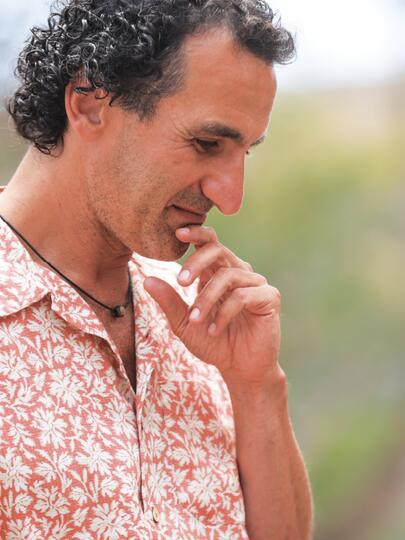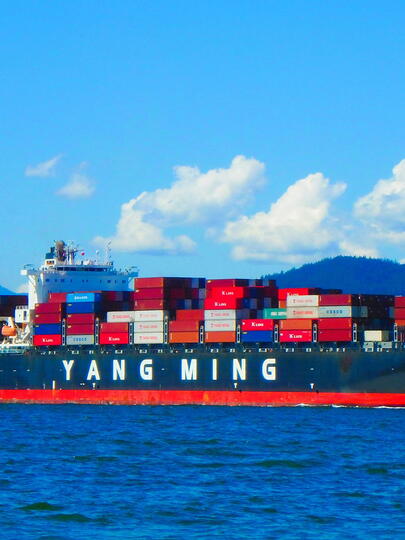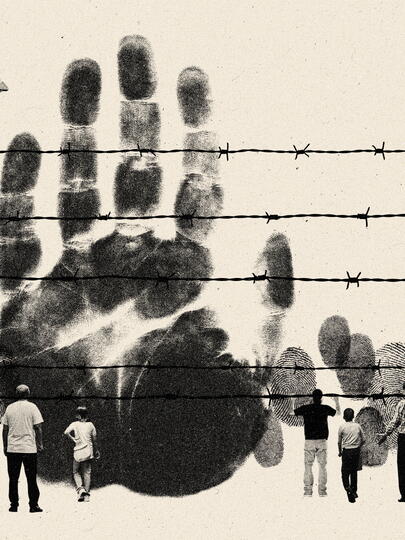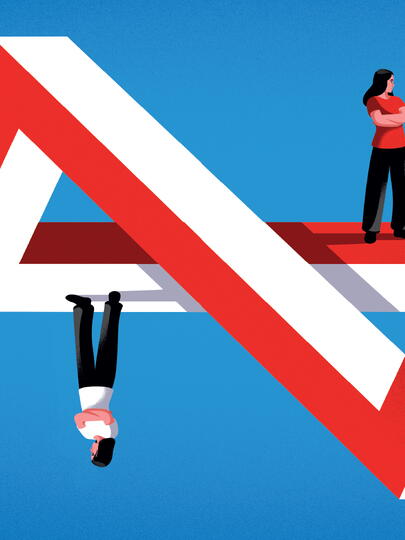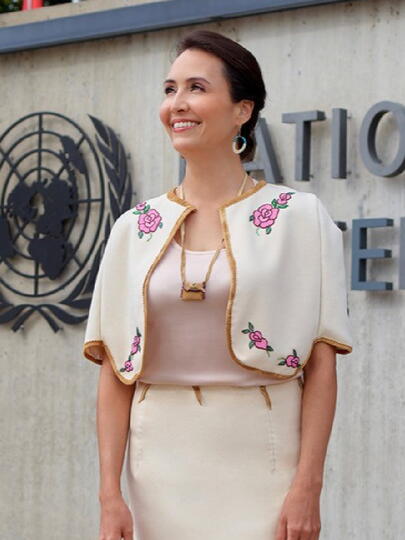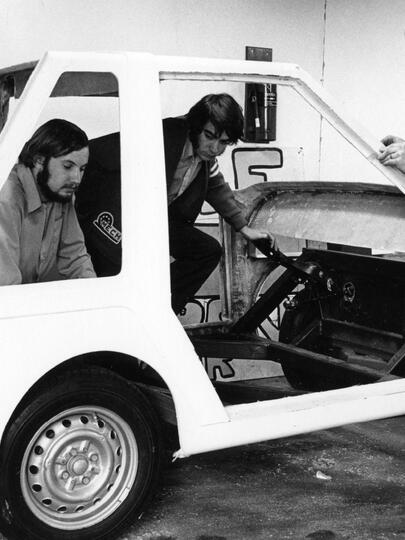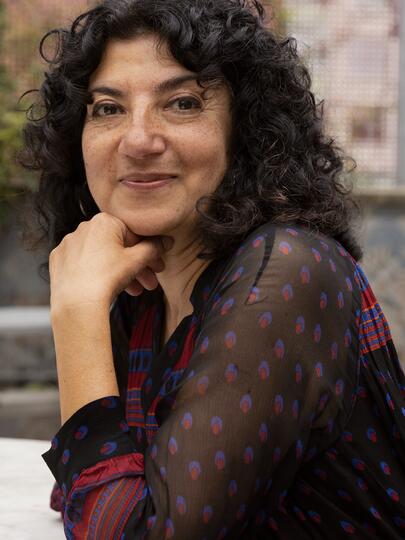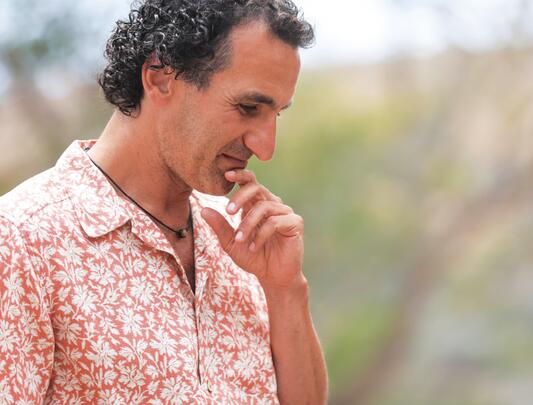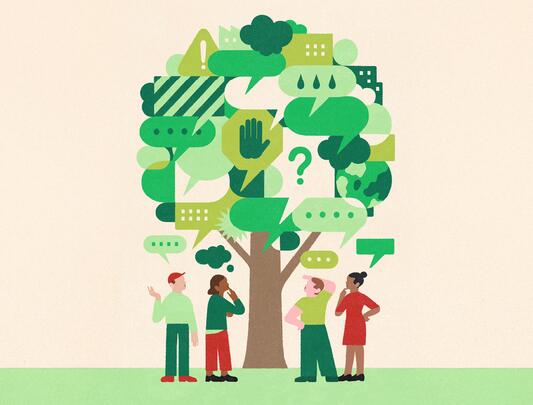
Sophia Yang jokes that her parents have no idea what she does for work.
“They’re like, ‘Something with fashion and forests,’” she says with a smile.
A bit abstract, perhaps, but not entirely wrong, either. Yang, who studied natural resources conservation at UBC’s Faculty of Forestry, is the founder of Threading Change: a youth-led organization with the mission of making the fashion industry more equitable and sustainable.
The seeds for Threading Change were planted when Yang was in her last semester at UBC; her roommate bought all of his garments second-hand, which got her thinking a lot about clothing waste. Her watershed moment, however, came the following year, when she attended the 2019 UN Climate Change Conference in Madrid as a youth constituent. Fashion’s impact on the climate was barely mentioned (even though the industry contributes eight to 10 per cent of the world’s carbon emissions), and there was no discussion of social issues, such as factory working conditions and fair pay. “I left feeling really disappointed,” says Yang, “and that’s what really spurred me to dive deeper into the industry and see what I can do as a young person.”
Yang launched Threading Change in 2020, and it has since grown from a small Vancouver operation to a global initiative with team members based all over the world (Yang, currently based in Calgary, is planning a move to London, England, to be closer to the organization’s international partners). Threading Change follows what Yang calls their “tri-impact model” of education, innovation, and consultation. Education means engaging communities around the world – regardless of their age – through school programs, workshops, and flagship events like the Fair Fashion Festival and Global Clothing Swaps. Innovation means introducing resources such as the Global Innovation Story Map, which highlights vetted ethical brands, both from a labour and sustainability perspective. And consultation means working with big fashion brands and governments to influence their climate efforts and policies.
“We’re not here to blame consumers; it’s not a name and shame game,” Yang says, referring to those who buy fast fashion. “We’re in a recession. It’s understandable. So one of the ways that we really believe, as an organization, that we can influence the industry to do better is through policy.”
And, of course, through engaging youth. After all, young people aren’t just our future – they’re our present.
“Gen Z are some of the biggest consumers of fast fashion, but we’re also the biggest advocates of ethical fashion,” says Yang. “So there’s that dichotomy. And brands are really leaning into that fast fashion part to market us really crappy products. But there’s this whole other population over here that’s really trying to do the right thing – so engage us. We can do this together.”
